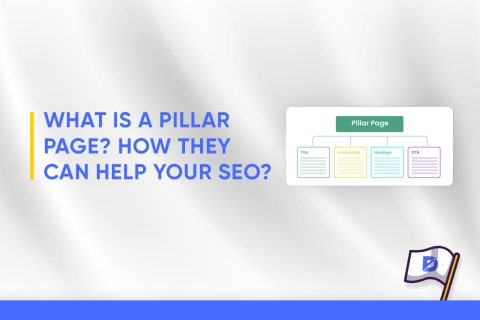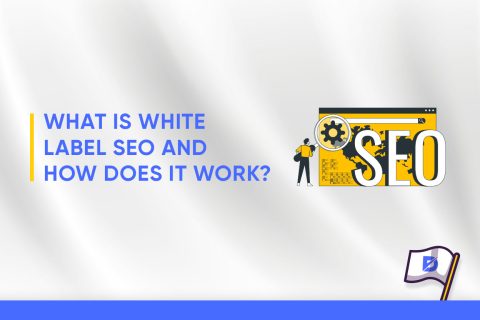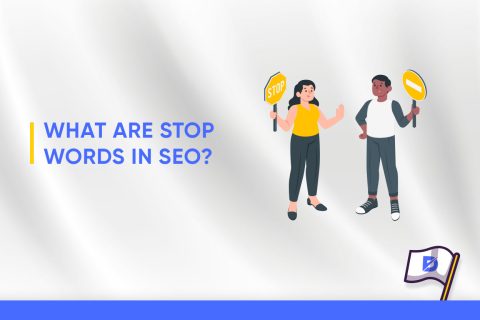Many website owners are unaware of the full scope of Google penalties. Penalties often occur due to misleading tactics like “first-page rank guaranteed” marketing emails. It’s important to remember that SEO is a long-term process, especially with competitive keywords. Google’s algorithm considers various factors that affect rankings, and knowing these can help improve rankings without risking penalties.
Understanding Different Types of Penalties
There are two primary types of Google penalties: algorithmic and manual. Algorithmic penalties happen automatically when Google’s algorithms detect issues like unnatural backlinks or thin content. On the other hand, manual penalties are imposed by a Google employee who reviews your site and finds violations. Recovering from a penalty requires fixing the identified issues and submitting a reconsideration request through Google Search Console.
How to Improve Rankings Without Penalization
Here are the key factors that influence your search engine rankings and how you can improve them safely, without penalties.
The Effect of Domain Age on Rankings
A common misconception in SEO is the belief that older domains always have an advantage. While older domains may offer some benefits, the impact of domain age on Google rankings is minimal. For instance, Google’s Matt Cutts has clarified that “There is no significant difference between the rankings of 12-month and 24-month domains.” So, while domain age might play a minor role, it is not a major SEO factor.

Optimizing Your Titles with Keywords
To improve rankings safely, it’s essential to optimize your titles. You can use the target keyword on key pages like the homepage, category pages, product pages, or individual posts. The placement of the keyword (whether at the beginning, middle, or end of a title) does not have a significant impact on rankings, according to various studies.
Best Practices for Title Optimization
- Keep your title under 60 characters to avoid being cut off in search results.
- Make it unique and relevant to the page content.
- Use action words to engage users and improve click-through rates.
Avoiding Over-Optimization
While it’s essential to optimize your site, over-optimization can lead to penalties. Practices like keyword stuffing, using irrelevant backlinks, and excessively optimizing anchor text can signal manipulation to Google. Strive for balance by keeping content natural and using a diverse set of backlinks.
The Role of Meta Descriptions in SEO
Although Google has stated that meta descriptions do not directly impact rankings, they are still crucial for user engagement. A compelling meta description can increase click-through rates (CTR). Ensure that the description is relevant, under 160 characters, and accurately reflects the content of the page.
The Importance of H1 Tags for SEO
The H1 tag is crucial for both user experience and Google rankings. It signals the main topic of a page, helping search engines understand the content. Best practices include using only one H1 tag per page and ensuring it accurately describes the content. While it’s not necessary to always include the exact target keyword, the H1 should be relevant and supportive of your SEO goals.

You can use H2 and H3 tags in the text. You can use H2 and H3 tags in the subtitles of the article. If your keyword is included in these tags, it will benefit you. Do not use nonsense sentences or nonsense subheadings in H2 and H3 tags so that the keyword is included.
How to Optimize H1 Tags
- Ensure that every page has one H1 tag that clearly defines the topic.
- Avoid overstuffing keywords; keep the language natural.
- Align the H1 tag with the page’s meta title and overall content strategy.
Keyword Density for SEO
If you are curious about how many SEO keywords should a page target, there is no official statement made by Google regarding the keyword in the text of any page. The common opinion of the researchers and many SEO experts is that the keyword density should be around 3%. For example, our keyword is SEO; in a 700-word article, 21 SEO words should be passed.
The Impact of Word Count on SEO Rankings
While Google has not officially stated that word count directly impacts rankings, longer articles tend to rank higher because they provide more value and in-depth information. The ideal word count depends on the topic. Generally, longer articles (1,500+ words) perform better for competitive keywords because they can cover the topic comprehensively.
Word Count Best Practices
- Focus on quality over quantity; ensure the article provides value.
- Use a minimum of 500 words for less competitive keywords, and aim for 1,500+ words for competitive topics.
- Make the content scannable by using headings, bullet points, and images to break up large blocks of text.
Optimizing Images for SEO
Optimizing images is crucial for improving both user experience and SEO performance. Large, uncompressed images can slow down your site’s load time, negatively affecting performance and user engagement. Ensure your images are properly compressed, include alt tags, and are responsive to enhance both speed and accessibility.
Image Optimization Techniques
- Compress images using tools like TinyPNG or JPEGmini.
- Use descriptive alt text to improve accessibility and help search engines understand your images.
- Implement lazy loading to delay loading images until they are visible on the screen.
Avoiding Duplicate Content
Duplicate content can severely harm your site’s rankings as Google penalizes sites that use repetitive or copied content. Whether it’s content copied from other sites or reused across your own pages, avoid using the same material more than once. Strive to create unique and valuable content for every page.
Best Practices to Avoid Duplicate Content
- Use tools like Copyscape to check for duplicate content on your site.
- Avoid publishing similar pages targeting the same keywords.
- When repurposing content, use canonical tags to indicate the original source.
Do Not Use Advertising on a Corporate Site
It would be useful not to use the codes received from advertising companies to not spoil the quality of your site or affect the speed of your site opening, provided that you have a corporate website.
Hosting Location for Local SEO
If your target audience is primarily local, hosting your site on a local server can improve your SEO performance. Although Google has not confirmed this as a direct ranking factor, using a server close to your audience reduces latency, improves page load times, and enhances the user experience.
What Are Google Penalties?
A Google penalty can significantly reduce a website’s ranking in search results. There are two types of penalties: algorithmic and manual. Algorithmic penalties occur automatically when Google’s algorithm detects violations, while manual penalties are applied by a Google reviewer. Understanding the cause of the penalty is the first step to recovery.
How to Recover from a Penalty
- Identify the cause using Google Search Console for manual penalties.
- Remove or disavow unnatural backlinks.
- Improve content quality if the issue is thin or duplicate content.
- Submit a reconsideration request after resolving the issues.
Improving Your Rankings Without Penalization in Brief
To improve your rankings without risking penalties, it’s crucial to follow the best practices mentioned above. Focus on creating high-quality content, using ethical SEO strategies, and avoiding over-optimization. As you implement these strategies, you will likely notice a significant increase in traffic and higher rankings on search engine results pages.
Frequently Asked Questions About
Pop-up ads themselves do not directly cause a penalty. However, they can negatively affect user experience, leading to higher bounce rates.
Avoid using black-hat techniques like buying links or keyword stuffing. Focus on creating quality content and natural backlinks.
Improve your content quality and fix technical issues on your site. Ensure compliance with Google’s quality guidelines.
Manual penalties are often due to unnatural backlinks or spammy practices. Check Google Search Console to identify and fix the issue.
The sandbox effect refers to the delayed ranking of new websites. It’s not an official penalty but requires building authority over time.





No comments to show.